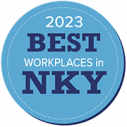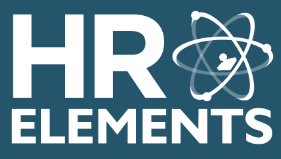According to management research firm CEB, 42 percent of employees consider annual reviews ineffective, mainly due to the feedback coming at the end of the year when it has almost no relevance. The primary purpose of annual reviews is to hold employees up to, typically, a quantitative standard, rather than to assess granular performance and insert coaching opportunities. That’s where frequent check-ins come in.
Think of frequent check-ins as microscopic evaluations. In this process, managers evaluate employee performance periodically throughout the year, not just at its end. Managers are checking in on employee performance as it happens, not giving a rating months later. Employees can, and should, still set attainable goals for themselves each year related to their performance, but examining that growth annually may do them a disservice.
Frequent check-ins (think monthly or biweekly) allow employers the chance to nip any emerging issues in the bud and lets employees receive that coaching when it’s actually relevant. Moreover, checking in with an employee more frequently can build a lasting rapport with the company and strengthen company culture.
How Can I Implement This? Since frequent check-ins are essentially periodic meetings tailored to employee performance, implementation is minimal. To get started, employees should first develop a goal for themselves for the year. It could be related to performance or some other aspect that’s important to your company, like growing a particular skill. Next, managers should schedule individual meetings at set intervals throughout the year to check in on the progress of the goals. The meetings are also an opportunity for employees to receive feedback in any areas where they’ve fallen short, like not achieving a goal milestone on time.
Frequent check-ins might not be the best option for your business, but having even a few meetings before an annual review could improve employee growth and rapport. These check-ins, which are often paired with a final annual review, show employees that you care enough about their development to give them time to discuss it throughout the year. On average, you spend around 260 days at work each year. As an employee, wouldn’t you want your manager to take an interest in your development more than just once a year?
Reach out to your HR Elements advisor to request a full version of our toolkit on performance reviews.





